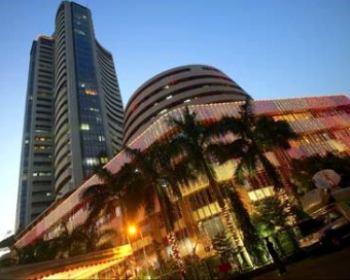 | « Back to article | Print this article |
 With entry load on all mutual funds banned from August 1, fund houses are finding different ways to pay distributors for promoting their schemes.
With entry load on all mutual funds banned from August 1, fund houses are finding different ways to pay distributors for promoting their schemes.
Some of the leading fund houses have already hiked upfront fees and annual trail commissions in certain schemes.
For instance, the country largest fund house, Reliance Mutual Fund, has increased the upfront commission to 0.4 per cent for investments of less than Rs 5 crore (Rs 50 million) and the trail commission to 0.5 per cent for first and second years.
The country's second-largest fund house, HDFC Mutual Fund, has raised the upfront commission to 0.8 per cent for investments of less than Rs 5 crore and the trail commission to 0.4 per cent for first and second years. DSP Blackrock has hiked the upfront commission to 0.45 per cent and the trail commission to 0.4 per cent for first and second years for investments of less than Rs 5 crore (Rs 50 million).
Others like SBI Mutual Fund, UTI Mutual Fund and JM Financial have also hiked their fees. In fact, UTI Mutual Fund and JM Mutual Fund are offering as high as 1-1.5 per cent upfront fees, higher than some of the other players.
Market experts said asset management companies had to take these measures as the Securities and Exchange Board of India guidelines banning entry load were likely to discourage distributors from selling their products.
Sources said many AMCs would have to dig into their reserves in the initial few months to pay the distributors.
Sebi, on June 18, had came out with guidelines banning entry load for all schemes.
However, it allowed fund houses to use 1 per cent of the exit load for marketing and distribution costs.
Many schemes have in the past two-three weeks hiked their exit loads and also increased its tenures. That is, if the exit load was earlier applicable for redemptions before six months, fund houses have increased this to one or two years.
This, experts said, would help fund houses earn higher fund management fees -- between 1.3 per cent and 1.5 per cent a year for equity funds -- because the investor would have to stay in the scheme for a longer period to avoid this load.
Sebi had also asked distributors to declare their commission from the scheme that they were selling as well as from similar schemes to investors. Industry players said fund houses were were working on this classification.
Image: The Bombay Stock Exchange. | Photograph: Rediff Archives